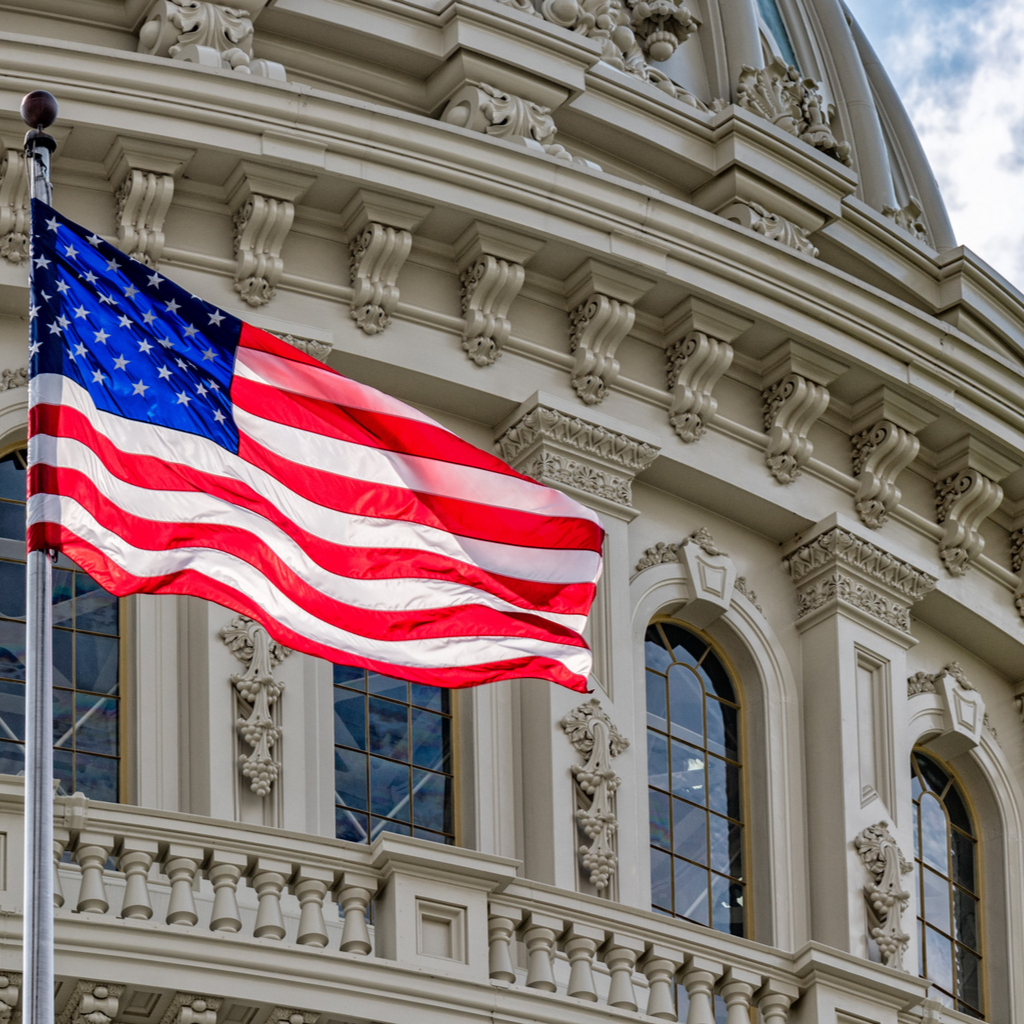The U.S. House of Representatives just passed The Clean Economy Jobs and Innovation Act.

The legislation combines a series of bills that will authorize new development and research at the Department of Energy across each of the bureau’s applicable energy research programs. Projects include new funding on electric grid modernization and electronic vehicle technologies. The bill includes a slowdown of the production and consumption of hydrofluorocarbons, a top legislative priority for combating global warming.
The Clean Economy Jobs and Innovation Acts goal is to achieve nationwide net-zero emissions by 2050. The bill’s objective is creating clean energy innovation programs and setting up a fundamental foundation that future energy legislation can be premised upon.
House Energy and Commerce Committee Chairman Frank Pallone felt the bill was a “down payment” in the fight against climate change. It is important to note that the bill does not include any broad economy, or electric sector-wide emissions reduction policies or regulatory mandates.
The new legislation is a creation of three House Committees; the Natural Resources Committee, the Energy and Commerce Committee, and the Science, Space, and Technology Committee.
The Energy and Commerce and House Natural Resources Committees included additional clauses in the terminology that focused on authorizing funding for clean energy and EV infrastructure and using renewable energy on public property and federal land.
The bill authorizes more funds for the Advanced Research Projects Agency-Energy, with an amendment to add climate change mitigation and emission reduction, also by 2050.
Opponents of the bill think it offers non-analogous provisions including authorizations for EV infrastructure and methane regulations that will damage local economies.
The Senate bill could also be impacted by the nomination of a replacement for late Supreme Court Justice Ruth Bader Ginsburg.
Congress could move to a conference negotiation on an energy bill after the election. The mixture of the U.S. Supreme Court nomination process and politics prior to the November election will need to push the Senate forward with addressing federal spending for 2021, and continued COVID-19 aid for Americans.
To read more articles from Haute Lawyer, visit https://hauteliving.com/hautelawyer/
Source: https://www.vnf.com/update-house-of-representatives-passes-sweeping-infrastructure-bill


















